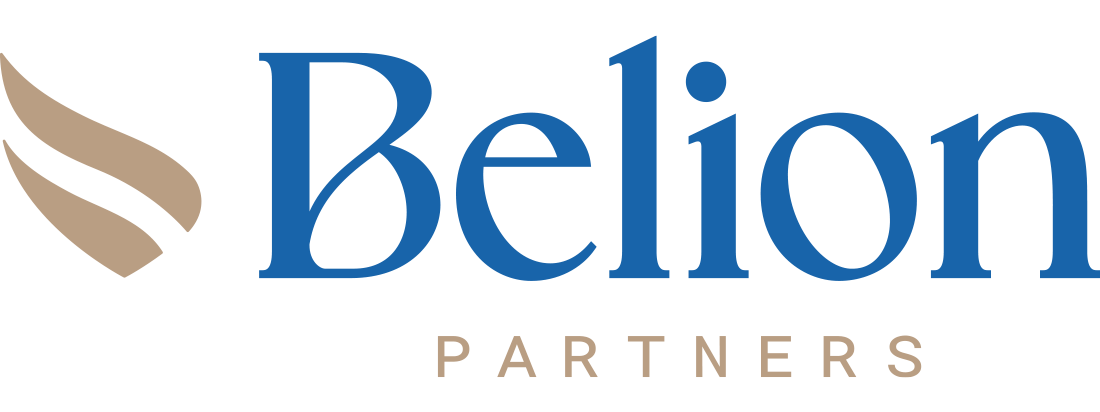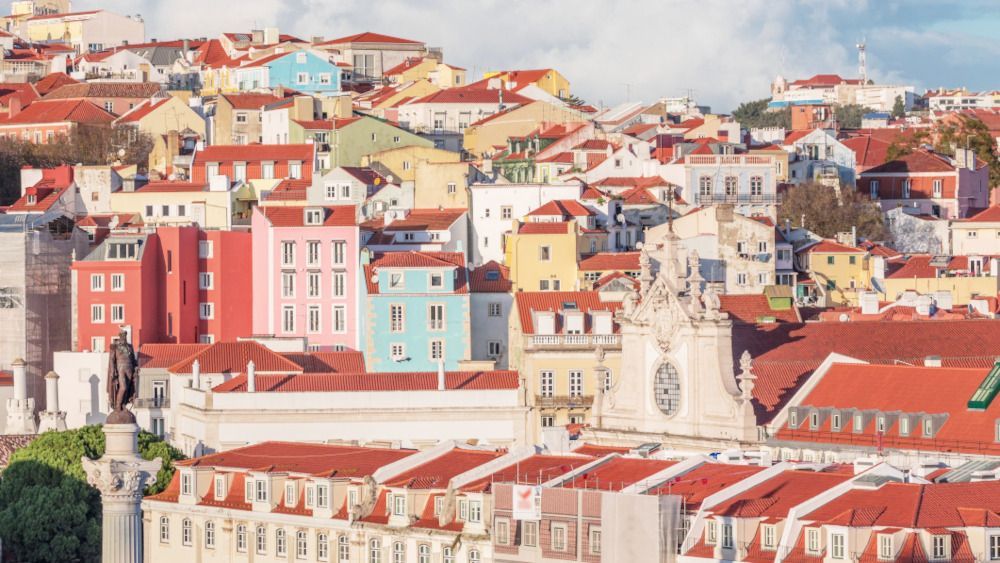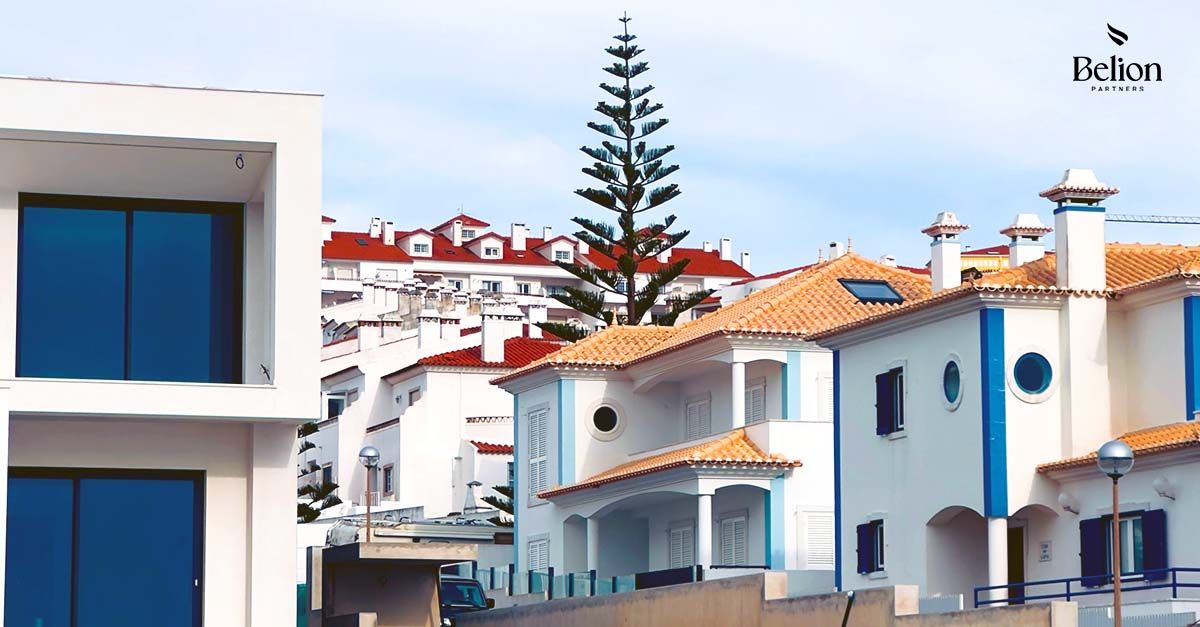Portugal: A charming lifestyle for High-Net-Worth Individuals
Portugal is ranked as one of the best places to live as it offers a highly attractive and charming lifestyle, excellent weather, security, and hospitality.
It is undeniable the increased number of foreigners interested in relocating to the country. The cool lifestyle, tax benefits and the possibility for non-EU citizens to acquire Portuguese citizenship in a short period of time is a key factor for the number of residency requests that grows every year.
It is of the utmost importance to highlight that Portugal is not only attractive for investors interested in the Golden Visa programme. There is a wave of successful expats, such as digital nomads, entrepreneurs, and retirees settling in Portugal and the country offers specific residency options to them, taking into consideration each particular case to meet their needs.
The most popular route these days is the Portugal Passive Income Visa, which is the ideal option for those who intend to live in Portugal and are able to show evidence of having a net regular or passive income that is deemed sufficient to support his or her family aggregate in Portugal (around €12,000.00 per year, plus 50% of this amount for the spouse and 30% for each dependent child).
Another possibility that is also becoming more notable is the D2 Visa, which is divided into two subtypes:
- Freelancer´s
- Entrepreneur´s
For a freelancer's residence permit, the applicant´s must have:
- At least one signed contract for the provision of services to a client for fees that ensure reasonable financial means for you to live in Portugal (a minimum of, say, €12,000.00 per year, plus 50% of this value for the spouse and 30% for each dependent child);
- If applicable, documentary evidence of having the professional qualifications needed to perform the intended professional activity in Portugal.
For an entrepreneur's residence permit the applicants must prove that either made or are making an investment in Portugal, OR you have sufficient funds available in Portugal (including finance) with which to make an investment, in accordance with a business plan describing at least the following aspects of your investment:
- Identification;
- Generic description;
- Nature;
- Amount
- Intended duration;
- Economic, social, scientific, technological or cultural relevance of the investment.
There is also the D3 Visa, which is a very good option for highly qualified professionals.
According to the Portuguese law, to request the D3 Resident permit for highly qualified activity, the applicant must provide:
- Contract for services; or
- An employment contract of at least one year’s duration, corresponding to an annual remuneration of at least 1,5 times the national average gross annual salary (1,752.52 euros/month) or three times the index value of social support – IAS (1.316,43 euros/month). This option is for highly qualified activity performed by subordinate worker.
And last but not least, the most recent Digital Nomad Visa that came into force on 30th October, which will allow the holder to legally work remotely from Portugal and, it is presented in two different types, depending on how long you plan to stay in Portugal: Temporary stay Visa and Residence Visa.
This new Visa encompasses both remote workers who wish to temporarily stay in the country up to one year and digital nomads looking for a residency permit in Portugal.
To qualify for either short stay or residency permit, remote workers need to prove that they earn an income at least four times of the minimum salary (currently €705) and, have a work contract or a proof of self-employment. The aim of this requirement is to show that the applicant is financially able to pay the living expenses, accommodation and other needs that may arise during the validation of the visa.
For someone intending to move to Portugal, the visa options outline above constitutes a good alternative to the Golden Visa: no investment is required, the application processing is faster, and the Government fees are comparatively insignificant (for a family of 3, for example, the savings in Government fees will be around €30,000.00).
Another captivating aspect is that moving to Portugal is relatively easy no matter the chosen path and it is followed by many other benefits like acquiring citizenship after 5 years of legal residency and apply for tax benefits on most of your foreign income for 10 years through the NHR tax regime.




